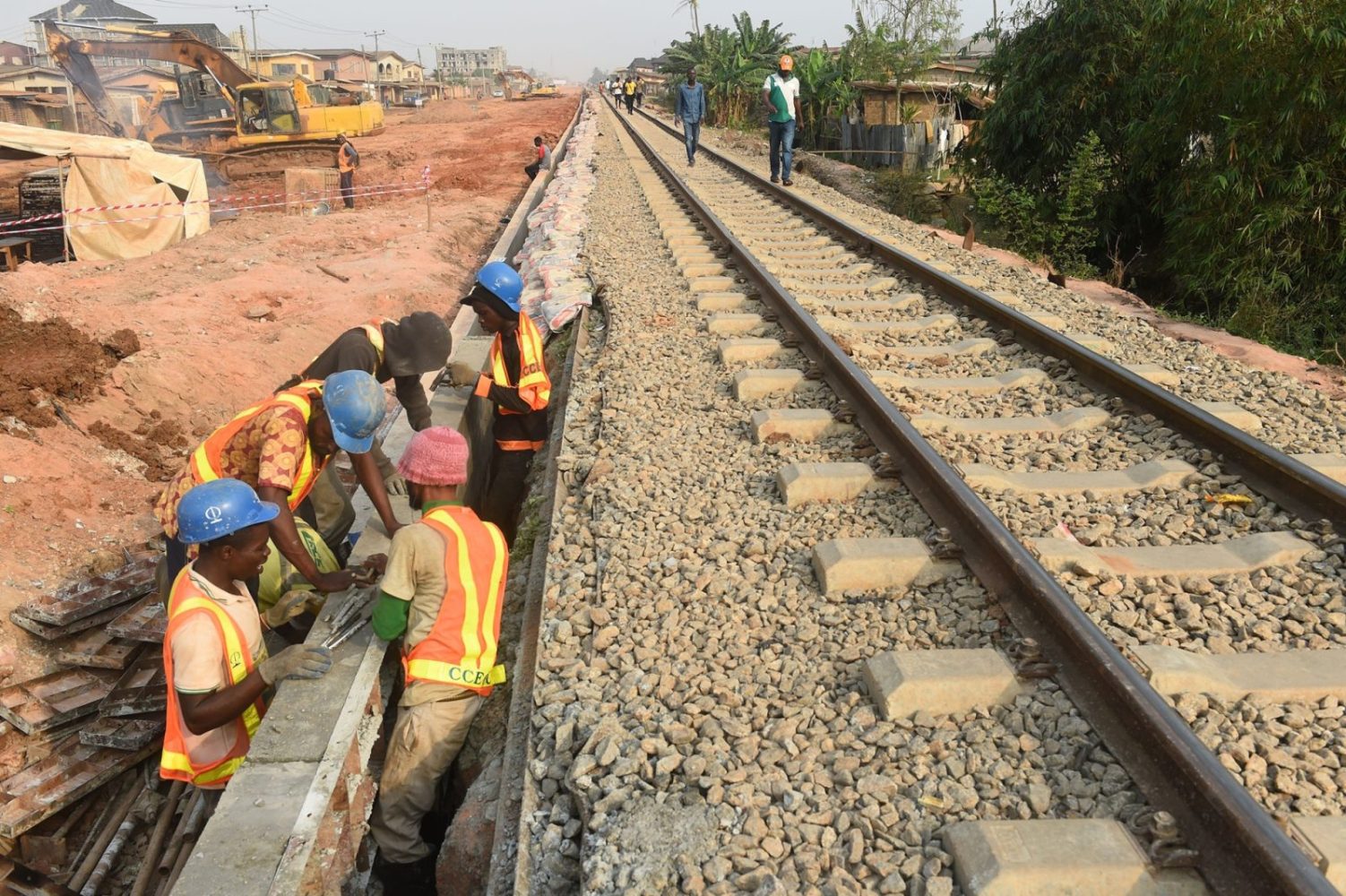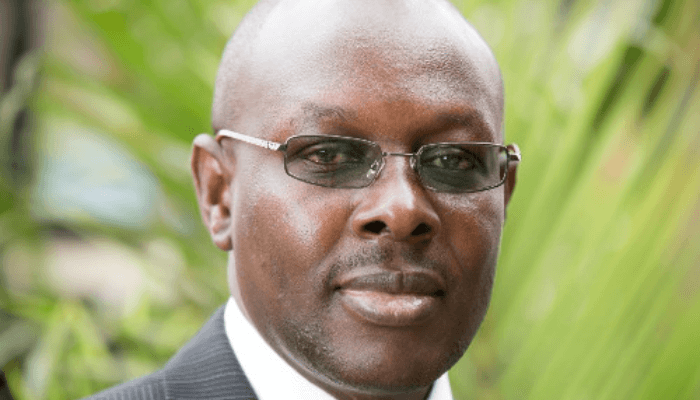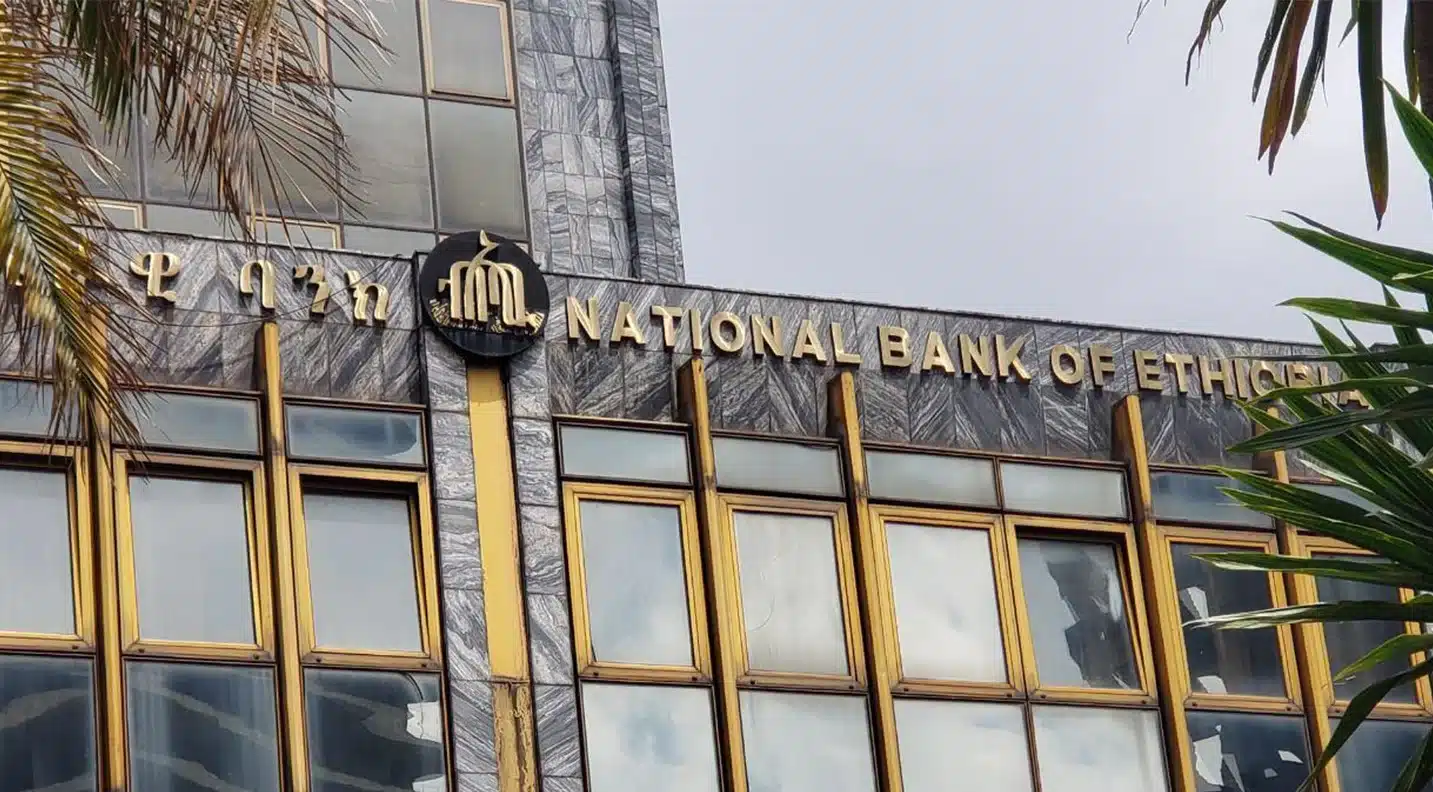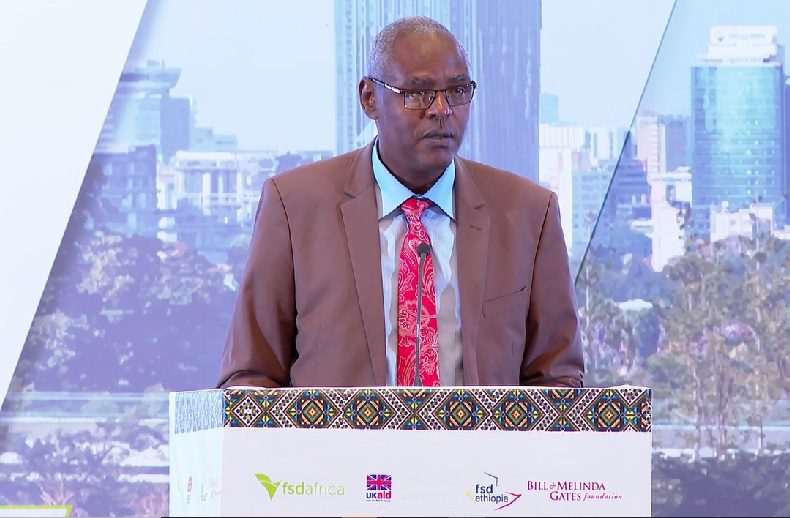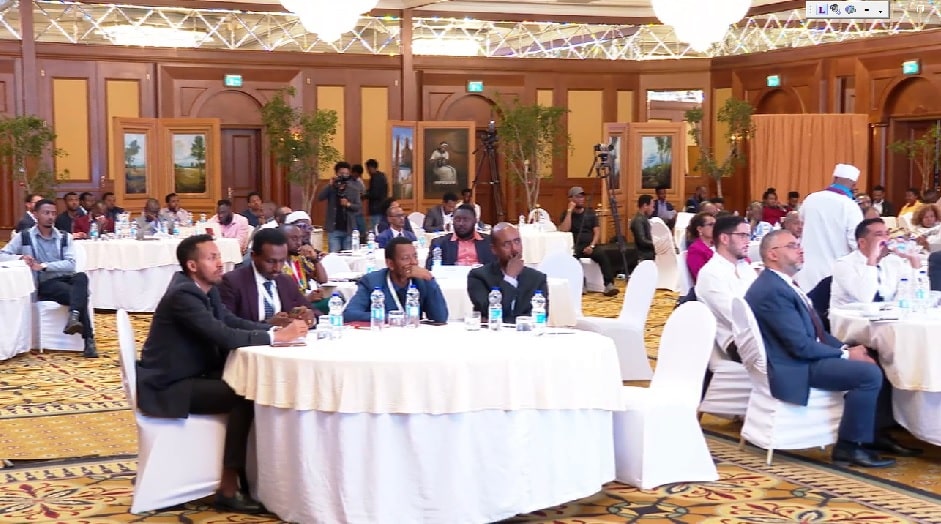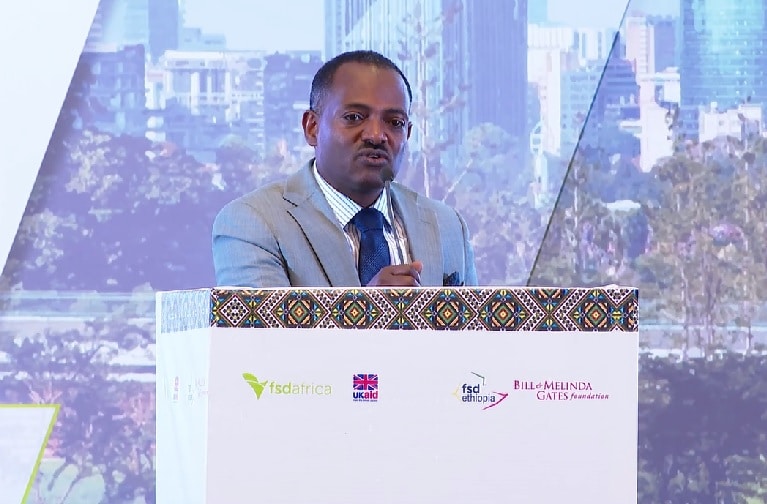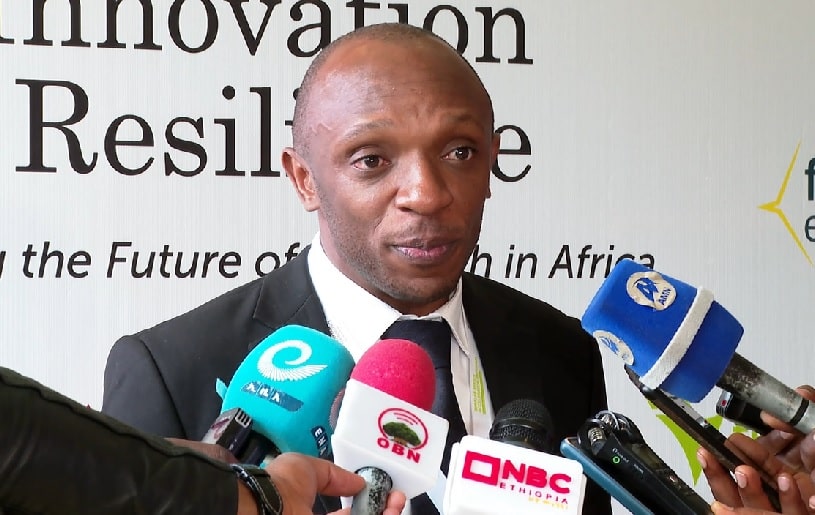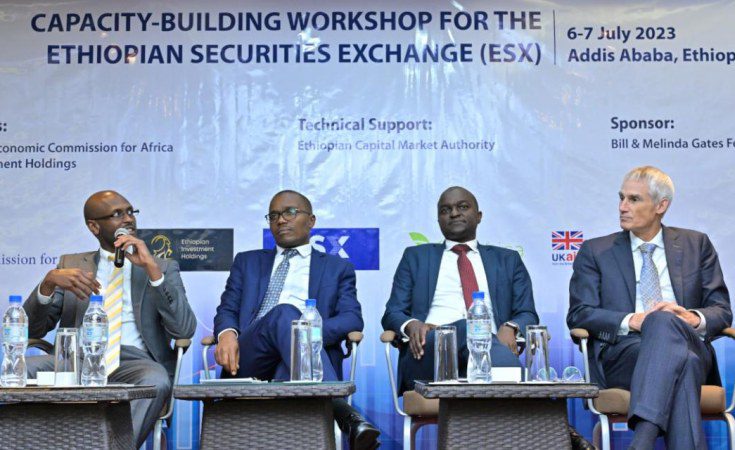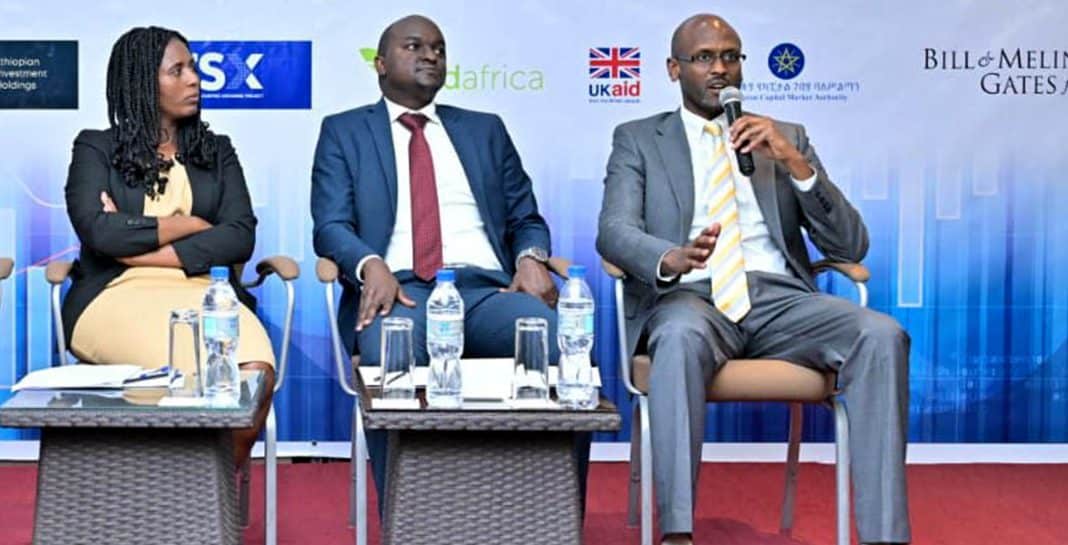To sustain consistent economic growth, Nigeria needs to attract climate-smart and private investments, and it is critical to mobilise climate finance to address the increasing climate-related challenges faced by developing countries, considering Nigeria’s national CO2 emissions currently at 115,278 (kt).
Thank you for reading this post, don’t forget to subscribe!
And while Nigerian financial markets are relatively more developed versus other African countries, given the lack of fiscal headroom on the government’s balance sheet, mobilising private sector finance is imperative.
Meanwhile The UK Government in Nigeria is working across multiple sectors involved in climate finance. Ultimately, our objective is to unlock additional sources of funding via the private sector and supporting the understanding and activation of climate finance policies and instruments across the Nigeria (both within the public and private sectors).
Presently we are involved in helping to mainstream Nigeria’s Nationally Determined Contributions (NDC) across the budget of the Federal Government, working on PPP pipeline development and policy to enable its acceleration via our UKNIAF programme, supporting Nigeria’s energy transition via our UKPACT Programme, providing guarantees to support innovative finance in conjunction with Infracredit, supporting off-grid renewable energy adoption, floods mitigation and the adoption of Lagos state water ways for transport.
Through the FSD Africa, we hope to deepen our offers to the Nigeria Capital Market – working collaboratively with both the private and public (regulators) sectors.
Over the past couple of years, we have provided technical advisory support to stakeholders in the market on deal origination and transaction facilitation, supported the development and issuance of new instruments such as green bonds (for both sovereign and private issuers).
The UK government is also working through its British Investment Partnerships – to offer a wide-ranging investment vehicle that could support the unlocking of private capital geared towards innovative and sustainable investments in key sectors such as agriculture, renewable energy, circular economy and infrastructure.
The Nigeria capital market is well positioned to mobilising private sector finance to support Nigeria’s net-zero targets as well as channelling investments for (green)
infrastructure development, climate mitigation and adaptation projects. It is also a vehicle to increasing resilience to climate change impact and loss across key sectors including agriculture, power, manufacturing, transportation, etc.
It is my hope that through this round table event, there will be increased awareness on Nigeria’s sustainable economic financing needs, available opportunities and demand from real economies such as agriculture and water and ways of utilising Good morning, everyone, standing on established protocols, it is a pleasure to be here at today’s roundtable event convened by the Penop and other major stakeholders in the Nigeria Capital Market alongside the UK Government.
The UK government, through its bilateral and investment vehicles are committed to supporting the country’s financial sector- particularly the capital market in being more innovative, sustainable and resilient even as we all face emerging challenges such as climate change, diversity losses and environmental degradation.
As we grapple with these challenges, and the impact on lives and livelihoods, mobilising sustainable finance and investment for impact becomes critical.
The centrality of this roundtable is thus on promoting a collaborative and market approach to unlocking private capital aimed at financing projects with impact.
Key Points:
To sustain consistent economic growth, Nigeria needs to attract climate-smart and private investments, and it is critical to mobilise climate finance to address the increasing climate-related challenges faced by developing countries, considering Nigeria’s national CO2 emissions currently at 115,278 (kt).
And while Nigerian financial markets are relatively more developed versus other African countries, given the lack of fiscal headroom on the government’s balance sheet, mobilising private sector finance is imperative.
The UK Government in Nigeria is working across multiple sectors involved in climate finance. Ultimately, our objective is to unlock additional sources of funding via the private sector and supporting the understanding and activation of climate finance policies and instruments across the Nigeria (both within the public and private sectors).
Presently we are involved in helping to mainstream Nigeria’s Nationally Determined Contributions (NDC) across the budget of the Federal Government, working on PPP pipeline development and policy to enable its acceleration via our UKNIAF programme, supporting Nigeria’s energy transition via our UKPACT Programme, providing guarantees to support innovative finance in conjunction with Infracredit, supporting off-grid renewable energy adoption, floods mitigation and the adoption of Lagos state water ways for transport.
Through the FSD Africa, we hope to deepen our offers to the Nigeria Capital Market – working collaboratively with both the private and public (regulators) sectors. Over the past couple of years, we have provided technical advisory support to stakeholders in the market on deal origination and transaction facilitation, supported the development and issuance of new instruments such as green bonds (for both sovereign and private issuers).
The UK government is also working through its British Investment Partnerships – to offer a wide-ranging investment vehicle that could support the unlocking of private capital geared towards innovative and sustainable investments in key sectors such as agriculture, renewable energy, circular economy and infrastructure.
The Nigeria capital market is well positioned to mobilising private sector finance to support Nigeria’s net-zero targets as well as channelling investments for (green)
infrastructure development, climate mitigation and adaptation projects. It is also a vehicle to increasing resilience to climate change impact and loss across key sectors including agriculture, power, manufacturing, transportation, etc.
It is my hope that through this round table event, there will be increased awareness on Nigeria’s sustainable economic financing needs, available opportunities and demand from real economies such as agriculture and water and ways of utilising innovative financing structures to mobilise long-term capital.
In addition, we hope this round table will create an opportunity to attract institutional funds, such as pension funds, work towards sustainable instruments and innovative financing structures and foster market interest in sustainable finance.
Finally, we hope to identify potential issuers and arrangers who can facilitate demonstration transactions using innovative financing instruments. financing structures to mobilise long-term capital.
In addition, we hope this round table will create an opportunity to attract institutional funds, such as pension funds, work towards sustainable instruments and innovative financing structures and foster market interest in sustainable finance.
Finally, we hope to identify potential issuers and arrangers who can facilitate demonstration transactions using innovative financing instruments.
Read original article
